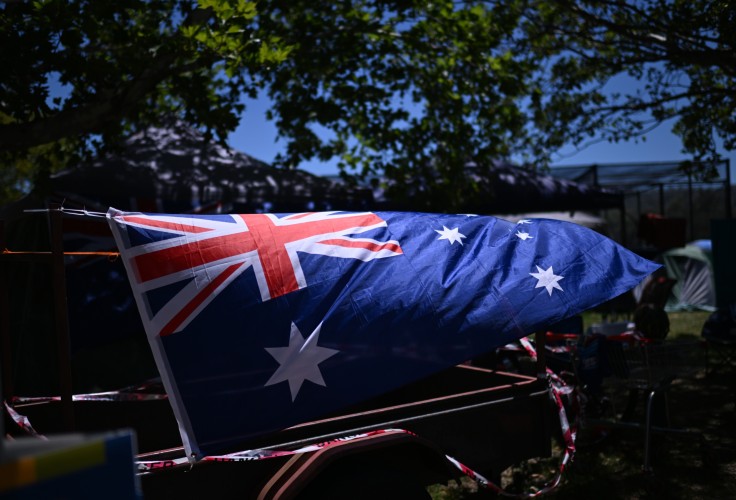
Australia is progressing towards implementing a groundbreaking ban on social media access for individuals aged 16 and below. The legislation, titled the "Online Safety Amendment (Social Media Minimum Age) Bill 2024," has already passed the Senate and awaits further refinement in the House of Representatives before becoming law. However, the proposed age verification mechanisms and the absence of a requirement for identification have sparked significant debate.
Legislative Progress
The Australian Senate recently approved the social media ban bill through a decisive vote of 34 in favor and 19 against. This follows a strong endorsement from the House of Representatives earlier, with a 102-13 vote. While the bill moves closer to becoming law, it must return to the lower house for final deliberations and amendments.
The bill focuses on regulating access to social media platforms for minors under 17, excluding platforms related to gaming, health, education, or messaging services. However, officials have yet to confirm which social media platforms will be impacted by the ban, as the bill does not specify them.
Verification System and Concerns
The legislation mandates that social media platforms implement age verification systems to ensure users are at least 17 years old. Despite this, Australia's communication commissioner, Michelle Rowland, has clarified that platforms will not be required to collect official identification from users.
This approach has drawn criticism, with many questioning its effectiveness in preventing underage access. Non-compliance with the law could lead to hefty fines, amounting to $32.1 million (49.5 million AUD) for violating platforms.
Rationale Behind the Ban
The proposed ban reflects growing concerns over the adverse effects of social media on young users, including increased risks of depression, anxiety, and other mental health challenges. Studies and expert testimonies have highlighted these issues, prompting global discussions on improving online safety for minors.
Notably, several social media platforms, including Snapchat and Instagram, have introduced features designed specifically for teenagers. These versions prioritize enhanced safety measures and curated algorithms to mitigate harm while maintaining access.
International Comparisons
Australia's efforts align with broader global trends to address the impact of social media on youth. The United Kingdom and European Union, under the European Commission, have implemented or proposed similar regulations. In the United States, certain states have sought to introduce restrictions, though enforcement remains a challenge due to false age declarations by users.
Despite such initiatives, Australia's proposed outright ban for under-17s is among the most stringent globally, drawing both support and skepticism, particularly regarding its execution and long-term viability.
Potential Implications
Australia's move to ban social media for teenagers under 17 signals a significant shift in online safety regulations. While the initiative addresses critical concerns regarding youth mental health, the absence of stringent identification requirements may undermine its objectives. As the bill progresses through legislative processes, its final form and impact remain to be seen.










